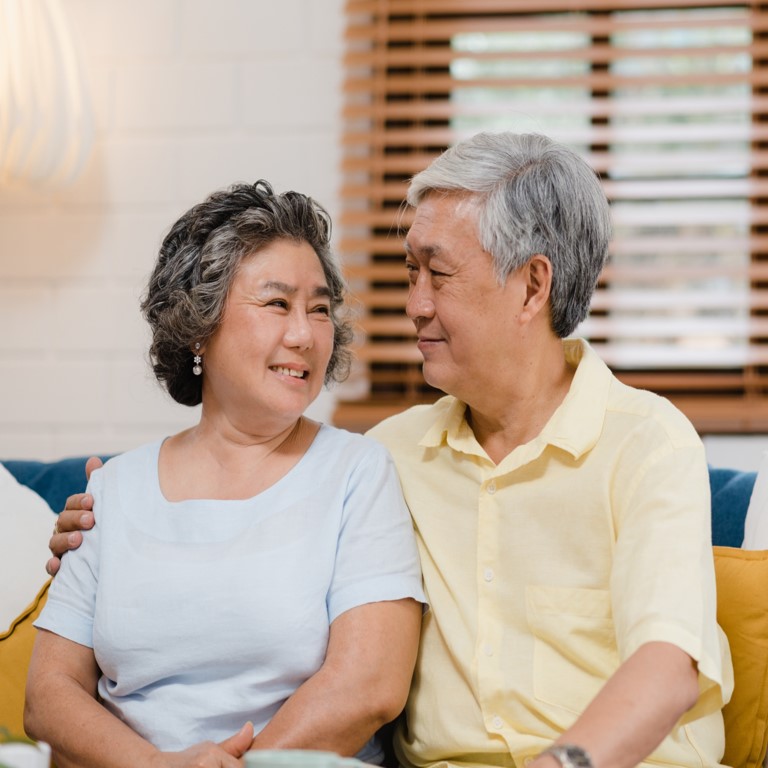Phone Appointment
[smartblock id=45]WhatsApp Appointment
[smartblock id=46]July 2020


For many caregivers, supporting loved ones in their cancer journeys can be both rewarding and overwhelming. While caring for others, caregivers can forget to care for themselves or neglect their own needs.
As a result, over time, caregivers may find themselves constantly exhausted physically, emotionally and mentally. Or, they may experience mood swings and find their attitude changing from one of positivity and zealousness to one of negativity and indifference.
While your loved one with cancer is a priority, it is extremely important that you, as a caregiver, to take care of yourself too. If you are a caregiver, here are some suggestions on how to avoid a burnout.
Get organised.Make a list of things you have to do to help you stay organised and keep your priorities in order.
Take turns. Rotate your caregiving duties with other family members and loved ones.
Stay connected with friends and family who can offer much-needed emotional support. Set aside time to catch up with a friend for a cup of coffee, watch a movie or go for a walk. Get to know other caregivers by joining or forming a social support network to exchange experiences and tips so that you can provide and enjoy mutual encouragement.
Make time for yourself. Allocate some time for yourself. Self-care is important as you need to recharge physically, mentally and emotionally before returning to your caregiving duties. Catch up on your reading, listen to your favourite music or engage in any activity or hobby which you enjoy, and give yourself a chance to relax and stay grounded.
Stay healthy. Establish a good sleeping routine, eat healthily, exercise regularly. Exercise will not only improve your physical health, but also help to reduce stress and anxiety. Exercise can improve your mood and make you feel better about yourself.
Seek professional help when needed. If you feel so overwhelmed that it affects your health, daily routine or relationships, do consider seeking help from a mental health professional such as a counsellor. Talking to a counsellor allows you to express your thoughts and feelings freely in a non-judgmental and safe environment. You may also gain new perspectives on how to care and balance between your own needs and that of your loved ones.
